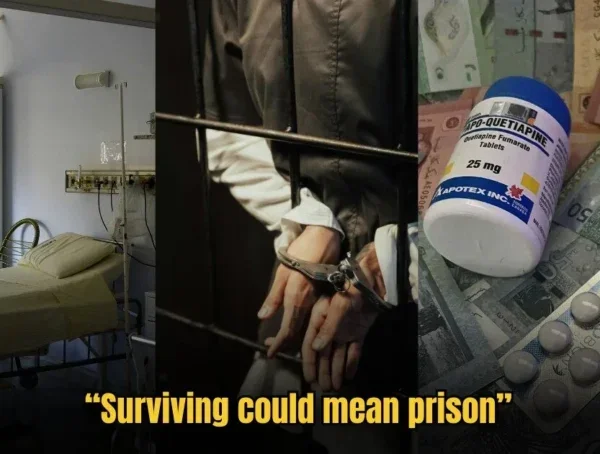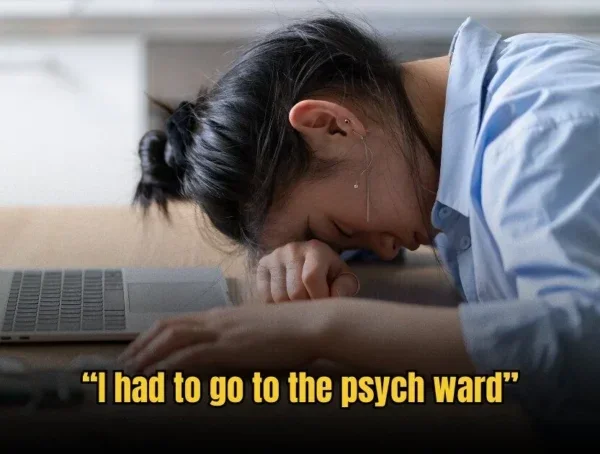I work as an editor for an online publication, and part of my job is to trawl the ‘Net for suitable content angles to write for the site.
As I read each one, I feel the familiar twinge of emotions: Shock. Laughter. Joy. Curiosity. Anger. Sadness.
But I’ve slowly realised a simple truth: Too much information on the internet was stopping me from living my best life.
Here are 4 reasons why:

1. Online outrage: Let the hate flow through you
Online outrage is easy to manufacture: Cover a news story of an argument between two men, spin a race angle to it, and watch the views and outraged comments pour in.
Maybe the argument wasn’t anything to do with race whatsoever, but that doesn’t matter. What matters is what gets the people going.
Take the recent news about two men who got into a road-rage induced fight at the Bukit Kiara toll in KL.
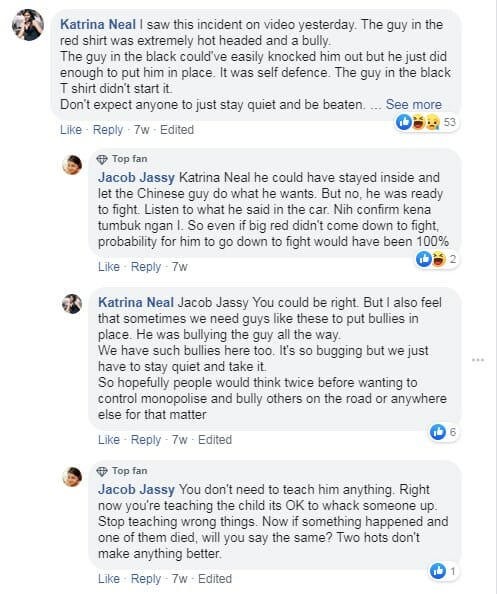
Ironically, in a follow up post, the man who started it is new singing a different tune when he was forced to pay a fine for the disruption, and was last heard humbly asking for donations from the public.
The truth is, online outrage is often overdramatic, based on fake news, or does not reflect real life ways of handling issues.
When you spend too much time reading about all the bad things that happen in the world, it can make you feel like the whole world is on fire.
But really, what’s happened is that the news cycle has accelerated due to the rise of the internet. There isn’t that much more going on, we’re just exposed to much more of it.
Another thing about the internet is how quickly a rumor can spread before the truth can catch up to it. (The answer: 6 times as fast)
The thing is, there are even outreach programs causing change in the world, such as when 5 Youtubers cooked giant food for poor people in India.
But the news doesn’t pick up on these worthy stories, because it doesn’t press the usual outrage buttons.

2. Data collection: May we have your attention please
Still, I find myself drowning in a sea of over-information.
A lot of it turns out to be fake, designed to play on your emotions so that unseen forces collect your personal data for their ad revenue.
The way this works is simple.
According to Jonah Berger, author of Contagious: Why Things Catch On, anger, anxiety, and other so-called “high arousal emotions” are among the most important ingredients to virality online.
Simply put, our attention spans have been commoditised.
Like fish pulled up from the depths of the sea, the internet can be rich with knowledge, but also full of time-wasting clickbait that leeches your time, your emotions, and your life.
That’s when I realised the more time I spend on scrolling through my IG feed, the less time I have on this Earth.
But social media isn’t the bad guy here. It just feeds the innate human need for connections and entertainment.
It speaks to the innate need of human consciousness to be included, to be part of the Zeitgeist – the spirit of the times that defines our society’s collective memory.
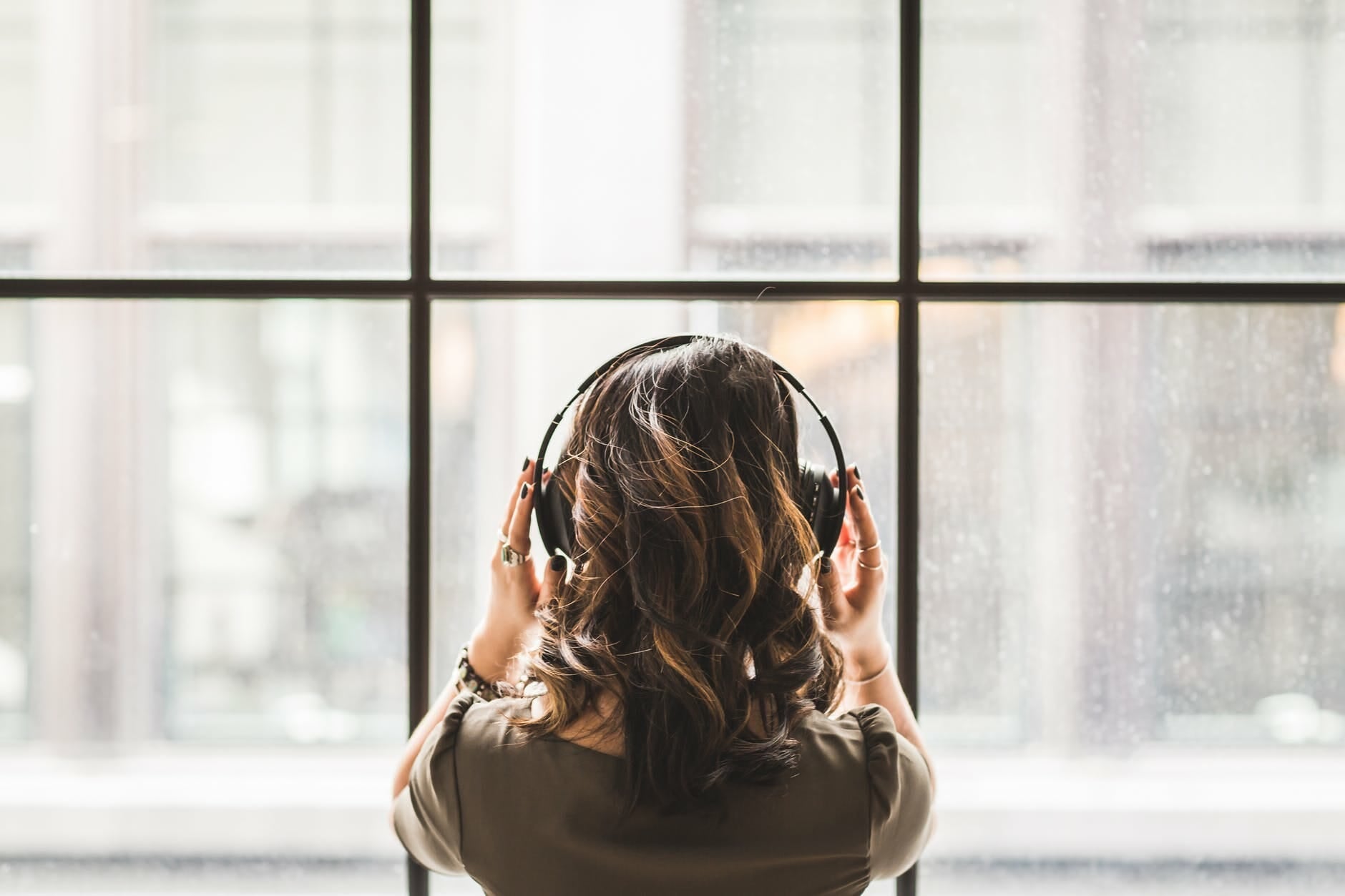
3. That feeling of FOMO
I had a friend who confessed to me that he doesn’t actually like Marvel movies.
He didn’t want to feel out of place with his colleagues, he just watches them so that he could keep up with the conversations around the water cooler.
While that’s sad, you might think, it’s also very common.
The Fear Of Missing Out (FOMO) is a human trait that makes you anxious to be included in social events – even if you would rather be at home catching some Z’s.
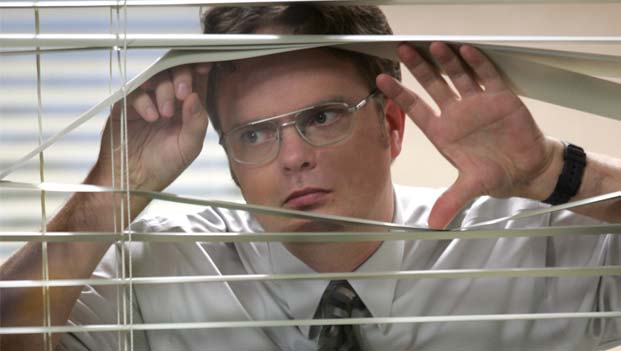
When social media and the internet came along, it ramped up this sense of being left out by a factor of 10.
Follow more than 3 people on Instagram, and you start getting flooded with pictures of beautiful food, beautiful scenery, beautiful people.
Of course I know realistically, a friend’s highlight reel isn’t an accurate reflection of their day-to-day lives. It’s probably like the top 5%.
But after a while of scrolling through my feed, I started wishing I could be living in that top 5% life highlight, 100% of the time.
For those who have a steady diet of this, it can lead to resentment, jealousy, even depression.
Truth is, FOMO is a natural feeling. Humans are wired to be social, and if you don’t socialise, it leads to depression and anxiety.
But if you’re doing it simply to avoid missing out on something you didn’t really need, maybe it’s time to start valuing your personal time a little more.
4. Social media bubbles: How they make us more lonely
Social media is supposed to have made humans more connected, so why do we feel all the more isolated?
Since the internet was born, there’s been an explosion of entertainment media, and their subsequent fanbases, blogs, influencers, youtube channels, memes, and everything else.
I could spend my whole life on the internet and never run out of things to watch and read.
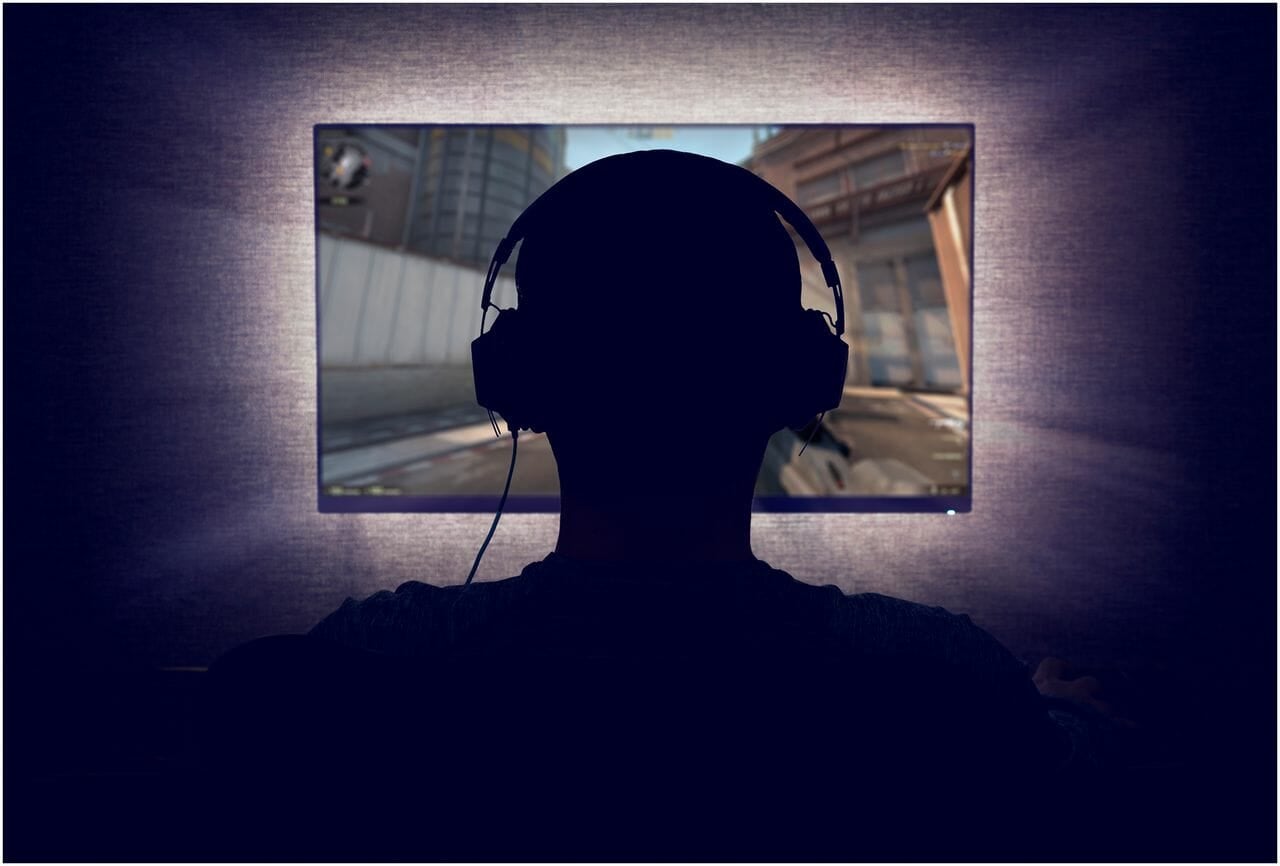
At one time, I found myself only paying attention to my own niche interests, like specific bands or Youtubers that I cared about, without little regard to what was going on with others.
Due to the way the social media algorithm works, it will keep pushing content that I want to see, in the hopes of keeping you endlessly scrolling – which leads to more ads being targeted to me.
This creates what is known as the Echo Chamber effect, where you only hear echoes of your own thoughts and opinions reflected back to you.
A dangerous side-effect of this is that you start developing close-minded opinions and becoming intolerant to new ideas. Sadly, this is also how extremist groups and cults are born.
On the other hand, all this was simply making me feel more lonely.
I felt like I was more informed on current issues, but I didn’t have anyone to share my thoughts with in real life – each person I talked to had no idea what I was so passionate about.
It made me feel like I couldn’t connect with the people around me, because we didn’t have enough shared experiences to make a genuine connection.
How to keep from getting sucked into the Rabbit Hole
These days I’ve become more at peace with my limits. Not being able to know everything there is to know isn’t a personal failing, but a blessing.
Having a working bullshit detector is also a plus when it comes to reading the news.
I tend not to take news at face value. I take note of the type of words used in a headline – are they inflammatory appeals to emotion, or cold hard reporting of the facts?
The truth is, the internet is not some great evil, it’s a resource like any other – it’s what you do with your own time that matters.
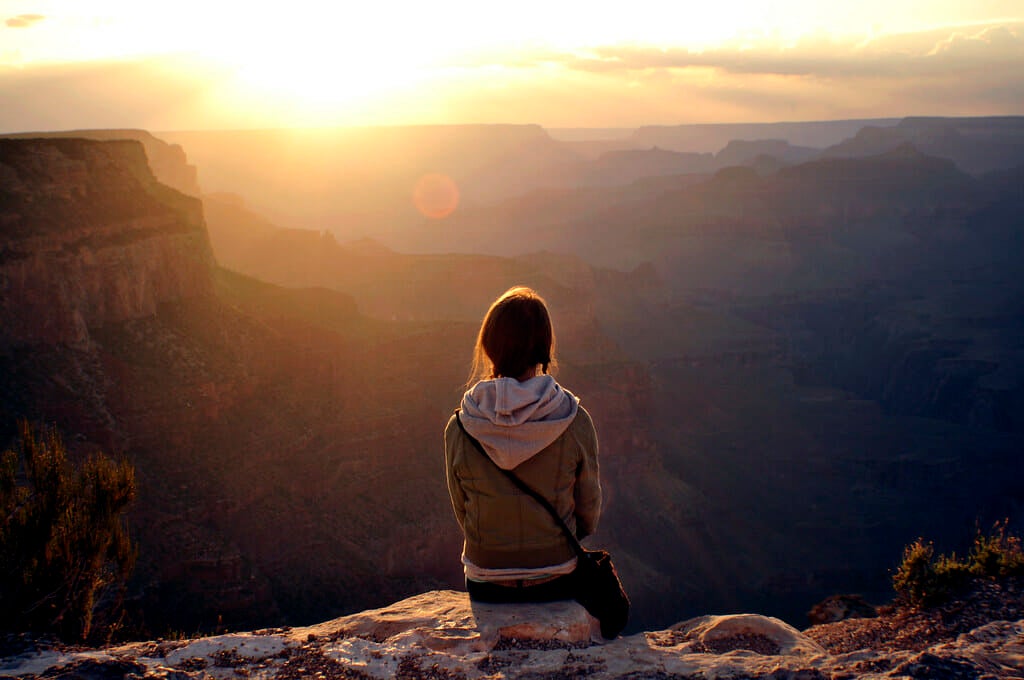
Above all, I’ve realised that it’s not worth getting angry about what you read, when you could spend your day doing something you love.
I started focusing on making a positive change in my own backyard – be it volunteering at a cat shelter, or joining an emotional support group called Tribeless – and I began to appreciate what life has to offer.
It was then that I started feeling connected to others – much more than the incomplete, imperfect ‘connectedness’ that social media promises.
Life’s too short for you not to be living your best version of it.
For more articles on social media, read I Quit Following Influencers on Instagram – And My Self-Esteem Has Never Been Better and Is Facebook making you insecure about your relationship?

You might also like
More from Real Mental Health
“I Was Scared of Waking Up in Handcuffs,” shares Depressed M’sian on Repealed Law
In 2023, Malaysia repealed Section 309, a colonial-era law that made suicide attempts a crime. The change marked a shift …
‘Everyone Saw A Successful Student While I Was Crumbling,’ Shares 22 Year Old Student
This is a story of a 22 year old woman who shared her story as a Straight A’s student as …
5 Harmful Mental Health Myths Malaysians Still Believe
Let’s break down five of the most common myths Malaysians still believe, and why it’s time to let them go.









